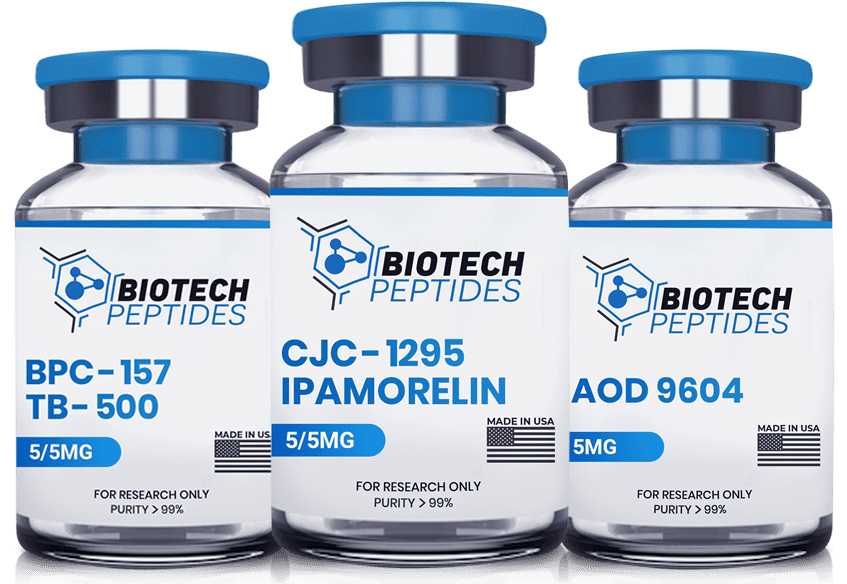A peptide called PEG-MGF, short for the Pegylated Mechano-growth factor is released into the body as stress levels rise. It may be detected in muscle, bone, neural, tendon, and cardiac tissue. Studying the effects of insulin growth factor 1 (IGF-1) on endurance, immunological system, fat loss, and cholesterol reduction is a variation of IGF-1.
PEG-MGF peptide has also been shown to boost healing-related immune activity, which might speed up the healing process of wounds. For the time being, scientists are interested in learning more about PEG-MGF and how it affects mice. The PEG-MGF peptide may be purchased by a licensed researcher only. Buy peptides online with a credit card.
Definition of PEG-MGF
In the case of the pegylated Mechano-growth factor, the procedure of pegylation is used to make the peptide. Polyethylene glycol is pegylated with another chemical component to lessen the body’s natural immunological response to specific drugs or molecules. Enhancing blood half-life is another benefit of this treatment.
Its effects are longer-lasting than those of MGF because PEG-MGF has a longer half-life in the blood. This shows that PEG-MGF findings are more effective and long-lasting, making them more desirable to researchers.
Studies have shown that the major role of PEG-MGF is to aid in the healing and growth of muscles. Faster recovery is achieved by binding to receptors and healing the injured muscle tissue. Satellite cells are also encouraged to expand as a result of this signal. This peptide has been demonstrated to aid weight reduction, promote immunity, and improve cognitive abilities in addition to muscle development and repair.
The advantages of PEG-MGF Peptide
Repair and Growth of Muscles
PEG-MGFACCORDING TO STUDIES IN MICE MODELS OF MUSCLE DAMAGE, injection protects muscle cells by decreasing the production of inflammatory hormones and lowering oxidative stress.
Muscle inflammation may be reduced, and healing can be accelerated by supplementation with the peptide PEG-MGF.
According to research, insulin-like growth factor 1 (IGF1) stimulated by Pegylated MGF increases lean body mass, increases energy, and slows down the process of aging. Research has revealed that it may also boost fat metabolism and enhance muscle regeneration.
PEG-MGF treatment to exercising mice increased the growth of muscle fibers in studies on mouse models by 25%.
Mind-Body Connections
PEG-MGFACCORDING TO SCIENTIFIC STUDIES, levels in the brain have been shown to lessen the consequences of age-related neuron degeneration. The peptide had a considerable impact on the cognitive abilities of mice who received it. There are a few variables that affect how well the PEG-MGF medication works. PEG-MGFFOR EXAMPLE, overexpression in young mice led to the greatest improvements in the study’s animals.
ACCORDING TO NEW STUDY FINDINGS, using PEG MGF therapy may alleviate muscular weakness and reduce the death of motor neurons in the brain. The injection of this peptide may lessen the effect of several neurological illnesses and enhance general cognitive performance since it is naturally produced upon brain overexpression.
Healing the Bones
In animal studies, PEG-MGF peptide has been shown to speed up bone healing in rabbits. When it comes to bone formation, osteoblasts are the cells that perform the work.
In only four weeks, rabbits given a high dose of PEG-MGF showed the same amount of healing as controls at six weeks. Because of this, researchers want to improve bone healing and reduce the time that mice with bone-specific injuries need to be immobilized by learning more about how to boost the healing process. This is a major step forward in speeding up the healing and recovery process.
Physiology of the Heart
The Pegylated Mechano-growth factor peptide prevents heart muscle cells from undergoing programmed cell death when the organism is under oxygen deprivation. Following cardiac-related damage, the peptide also delivers cardiac stem cells to the injury site, which aids in the regeneration of heart tissues and muscles.
Following eight hours of hypoxia, the rats given peg mgf had higher stem cell migration and fewer cell deaths than those given the placebo. Delivering peg-mgf during the earliest stages of cardiac disease, say, researchers, might give patients with long-term relief.
According to other studies, localized PEG-MGF treatment might help enhance cardiac function after a heart attack. Peptide-treated rats in the research had less cardiac restructuring and improved hemodynamics than the drug-untreated control group, the results show.


